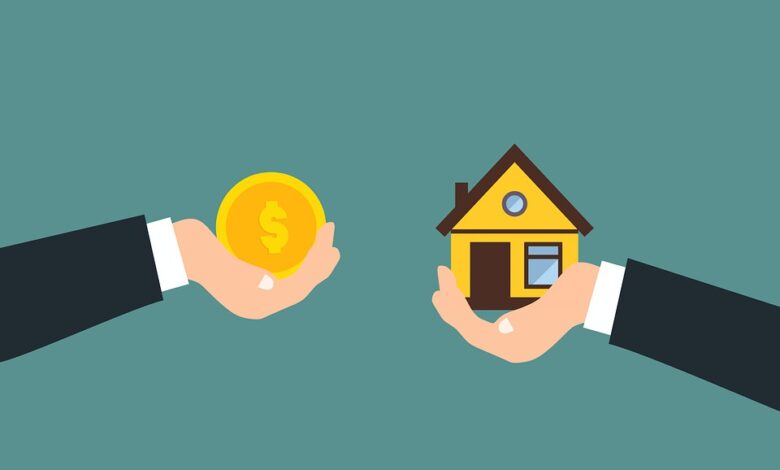
Your financial health is something that can change over time. Whether it is because you are working on tasks that can built it up, or the market goes your way. You may not know this but if your income remains at a steady amount, but the cost of living goes up, your financial health will go down. If your wages go up and the cost of living stays steady, it will increase. The market has a lot to do with the health of your finances, and unfortunately it is not even anything that you can change.
There is a side to your financial health that you do have control over, which is part of what we are talking about today. You can stash money away in a savings account or retirement fund, you can always invest in stocks and bonds, you can invest in items that will increase in value (such as antiques), or you can refinance a loan. The bigger the loan is, the more of an impact that it will have on your finances.
Let us take a look at iselect for what a home loan refinance is before we discover how it can boost your financial help. We need to start from scratch and go from there.
Home Loan Refinance

With the current interest rates being at a record low it is an exciting time to refinance your mortgage. Before going ahead with the move, though, there are a couple of things that you need to ask yourself, and to check.
Equity: The equity of your house is the most important aspect of getting a refinance loan. Just so we are on the same page, your equity is the current value of your house, minus how much money you have left to pay on it. If you do not have enough built up, the lender may not even offer you a new loan. They usually want you to maintain up to 20% of your current home value. As a general rule of thumb if you have been paying on your mortgage for over 4 years you should be good to go. Just do the simple math to make sure.
Costs: The lenders will charge you fees for closing on the refinance home loan, as well as anyone else that has had their hands in the pot, such as inspectors and lawyers. Once again you must think back to your school days and do some math. The equity number that you got from above will now be used again. You need to take that number and subtract what the closing costs are going to be. If this number goes into the negative, you need to find a better loan, or just not do it until you have paid on the house a few more years.
Break-Even Point: The final thing that you need to check out, before refinancing to increase your financial health, is the break-even point. This is how long it will take you to pay back the costs of refinancing, with the monthly savings that you have gotten. Once this evens out at zero, you have reached the break-even point. As an example, let us say your costs were $5000 and you are saving $500 a month. Your break-even point would be in 10 months. If you are planning to sell in 2 months, it would be a pointless endeavor.
Financial Health

Now we can get to the whole point of this article, your financial health and how a refinancing can affect it. You have probably noticed that the checklist above has a huge part to play with your finances. Now we will go over a few ways that these two tie together, and what they do to each other.
Equity: The equity of your house will cause an adjustment to your financial health as it goes up and down. As you build more equity, your financial situation increases. This means that your financial health goes up because your net worth is higher. Now remember that there are outside circumstances that could affect this outcome, but for the sake of this article we are going to say that the market has no changes throughout.
Costs: The refinance costs, as well as the total amount of your loan, will need to be added together to get the grand total. If you have chosen to get a cash-out loan you will have more money in your pocket, but your financial health will go down because you have more payments to make than you did at first. If you put this money into a remodel or home improvement it will in turn raise your health because your home will be worth more.
Break-even Point: You can probably see the trend going on through the previous two. The break-even point works in much the same way. Your financial health will be less as long as you are above this point. Once you hit it and go below your health will increase accordingly.
Final Thoughts

Now, to answer the question that was posed in the title of this article. Refinancing can improve your financial health in two ways. The first is by decreasing your total debt amount because you got a way better rate. This means that your overall debt goes down, so your financial health goes up.
The second way that it can go up is if you refinance your home and make substantial improvements on your house. This will increase your debt, but it will also raise the value of your house. When you do the math, you will see if it is a good move or not, but most of the time the home value will be more substantial than the increase in your debt.
There are numerous variations to this, as well as small factors that have not added into this quick run-down. Overall, it is important to look at it from a financial standpoint, not from a social one. Your social status may be at the top of the neighborhood, but if you have not played your financial cards correctly you could end up at the bottom of the heap.
